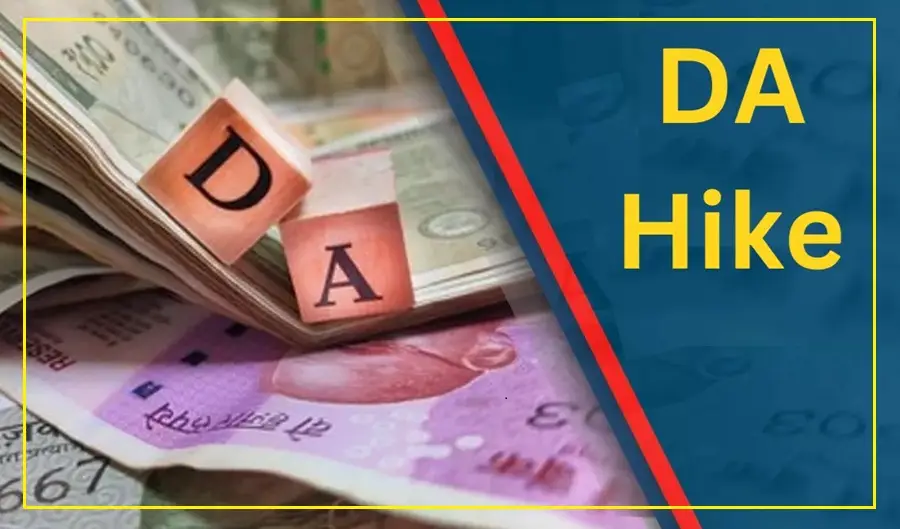The central government approved the formation of the 8th Pay Commission in January. The current 7th Pay Commission will end on December 31, 2025.
The new pay commission is scheduled to start from January 1, 2026. However, after the panel is formed, it may take around 15 to 18 months for the final report to be prepared.
According to sources, the panel may submit its recommendations by April or May 2026. But the final report might take longer, so it is likely to be implemented by 2027.
A key question is whether the dearness allowance (DA) will be merged with the basic salary in the new pay commission or whether things will remain unchanged.
There is also talk that the government might revise how DA is calculated. For this, the base year used to calculate DA could also be changed.
1 / 15 – Panel may be formed in May
Central government employees may not have to wait much longer. The panel for the 8th Pay Commission might be formed in early May. The government had already approved it in January.
2 / 15 – When will the new pay commission be implemented?
The 7th Pay Commission will end on December 31, 2025. The new commission is expected to start from January 1, 2026.
But since the final report may take 15–18 months, implementation could be pushed to 2027.
3 / 15 – Will existing DA be merged into the basic salary?
A major point of discussion is whether the current DA will be added to the basic salary with the 8th Pay Commission or if things will continue as they are.
4 / 15 – Will DA calculation method change completely?
Another big change being discussed is a possible new method for calculating DA under the 8th Pay Commission.
5 / 15 – Base year for DA might be updated
Sources suggest the government may change the DA base year, which would change how DA is calculated.
6 / 15 – Current base year for DA is 2016
Right now, DA is calculated using the AICPI-IW index with a base year of 2016. This was set when the 7th Pay Commission began.
7 / 15 – Rising inflation is a major factor
Experts say inflation has risen a lot in the past decade, making the 2016 base year outdated. A new base year would reflect current inflation more accurately.
8 / 15 – 2026 may become the new base year
It is expected that the year 2026, when the 8th Pay Commission starts, may be chosen as the new base year for DA calculation.
9 / 15 – DA will reset to zero; new calculation begins
If the base year changes, the existing DA will be reset to zero. A fresh calculation will begin using the new base year.
10 / 15 – Will old DA be merged with the basic pay?
It is estimated that DA may reach 61% by January 2026. If the base year changes, this DA might be added to the basic salary—but this is still not confirmed.
11 / 15 – This also happened in 2016
When the 7th Pay Commission was implemented in 2016, the 125% DA was merged into the basic salary, and DA was reset to zero.
12 / 15 – Grade pay system was removed
The 7th Pay Commission combined the ‘Pay in Pay Band’ and ‘Grade Pay’ from the 6th Commission into a new ‘Basic Pay’, which included the old basic salary plus 125% DA.
13 / 15 – A new pay matrix was introduced
At that time, a new pay matrix was created, making the salary structure and promotion process more transparent.
14 / 15 – Waiting for the panel’s suggestions
For now, these are just possibilities based on reports and sources. The real decisions will be known only after the 8th Pay Commission panel gives its recommendations.
15 / 15 – Will salaries rise or will DA rules change?
Every detail about salary hikes and DA changes will be clear only when the panel submits its final report.
























